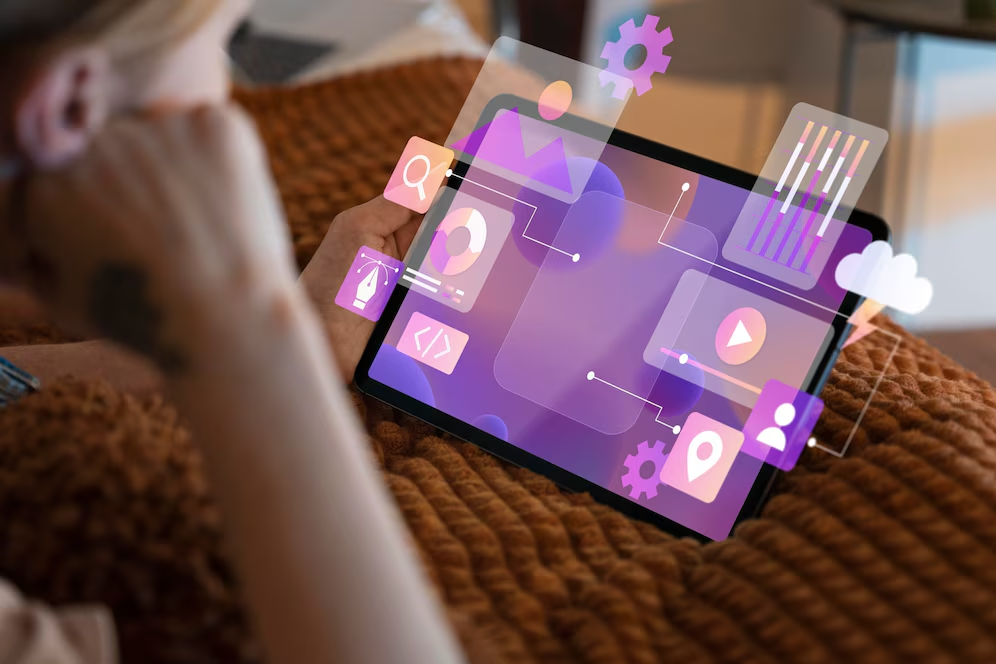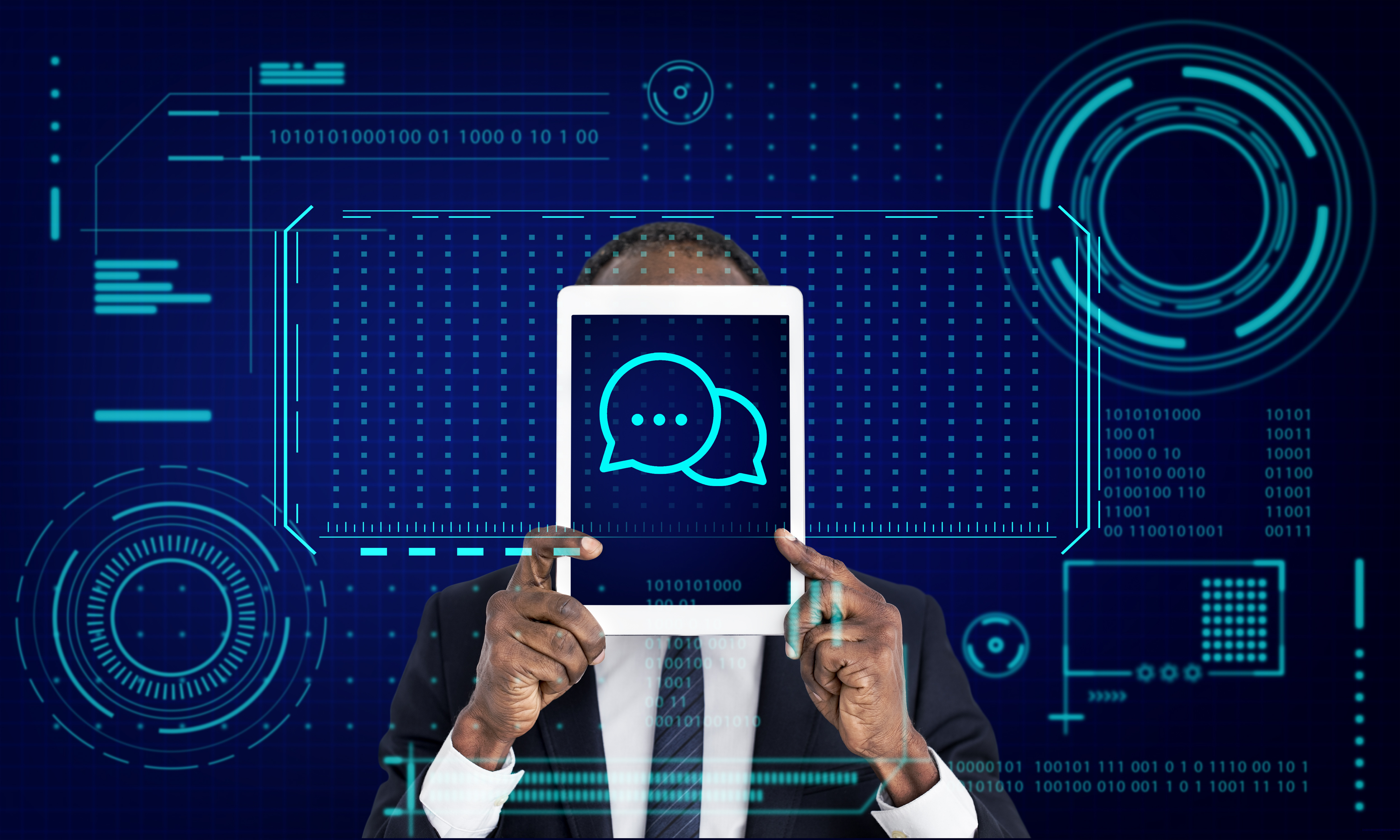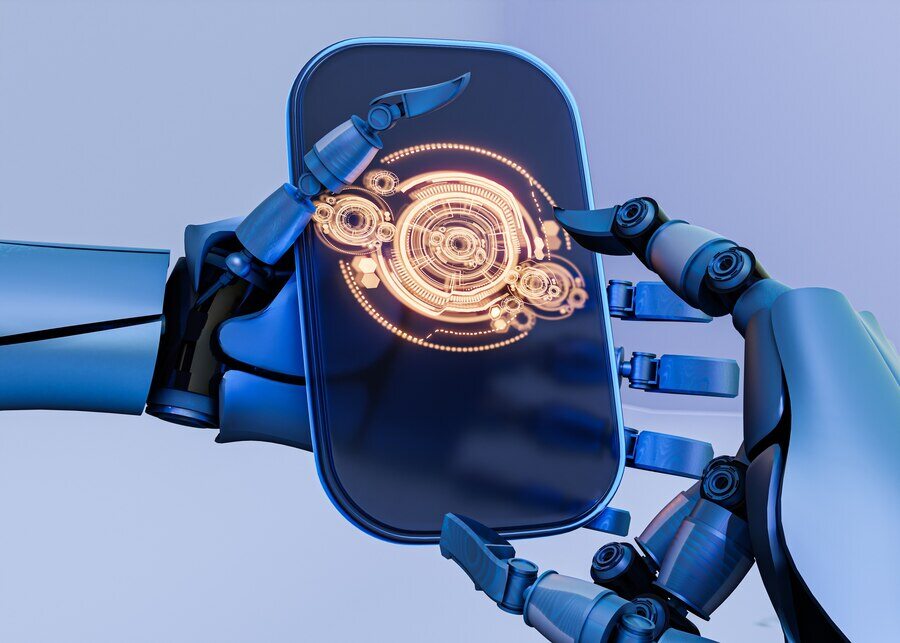- Conversational AI
HR chatbots have become an essential tool for modern HR departments, playing a pivotal role in automating routine tasks, streamlining HR processes, and enhancing employee engagement. By leveraging AI and automation, an HR chatbot platform can provide real-time assistance, answer employee queries, and facilitate a smoother onboarding experience, all while reducing the workload on HR teams. Selecting the right HR chatbot platform is crucial for organizations, as it directly impacts HR efficiency, data management, and overall employee satisfaction, helping businesses create a more responsive and engaged workforce.
Understanding Your HR Needs
When selecting the right HR chatbot platform, it's essential to first understand the specific HR functions your organization wants to automate. Common HR tasks that can benefit from automation include answering FAQs, managing onboarding processes, processing leave requests, and providing information about employee benefits. Automating these tasks not only improves response time but also reduces the administrative burden on HR teams.
The size of your organization also plays a critical role in determining the best HR chatbot platform. Small businesses may require a simpler platform with basic functionalities, whereas larger enterprises might need more advanced features like a multilingual chatbot in HR, support and integration with complex HR systems, and the ability to handle higher volumes of employee queries.
Customization is another crucial factor. An effective HR chatbot platform should allow for flexibility, enabling it to adapt to your organization’s unique policies, processes, and culture. Customization ensures the chatbot provides responses that are in line with company-specific benefits, procedures, and communication styles, making interactions more relevant and meaningful for employees.
Read: Exploring the Top 10 Chatbot Trends for Enhanced HR Efficiency
Essential Features to Look for in an HR Chatbot
When choosing the right HR chatbot platform, it’s essential to consider the key features that will best suit your organization’s needs. An ideal platform not only enhances the employee experience but also improves HR operations through automation and real-time support. Below are the essential features that a robust HR chatbot platform should offer to ensure a smooth and effective implementation.
24/7 Availability and Multi-Channel Support:
An HR chatbot platform should offer round-the-clock availability and work across various devices and platforms, enabling employees to access information anytime, anywhere.
Integration with Existing HR Systems
Seamless integration with systems like payroll and ATS is vital for improving efficiency and providing real-time, accurate responses.
Natural Language Processing (NLP) and AI
NLP ensures the chatbot delivers human-like interactions, while AI helps it learn from previous conversations to improve over time.
Analytics and Reporting
The ability to track usage and gather feedback allows HR teams to continuously improve the platform and HR processes based on real-time data.
Read: Creative Use Cases for HR Chatbots
Evaluating Usability and Employee Experience
When evaluating the usability of an HR chatbot platform, a user-friendly interface is essential to driving employee adoption. A simple, intuitive design ensures that employees can easily navigate the chatbot, quickly find the information they need, and complete tasks without frustration. An easy-to-use interface also increases engagement, as employees are more likely to interact with the chatbot regularly if they can accomplish their goals with minimal effort. This simplicity reduces the learning curve, making the chatbot more accessible to a broader range of users, from tech-savvy individuals to those less comfortable with digital tools.
Additionally, personalized interactions enhance the employee experience by delivering responses tailored to each employee's role, history, and preferences. For example, a manager might receive guidance on leadership training, while a new employee could be assisted with onboarding tasks. This personalization ensures relevance and improves the quality of the interaction. Furthermore, offering support in multiple languages and providing accessibility features is crucial for diverse workforces. A chatbot that accommodates different languages and accessibility needs promotes inclusivity, ensuring that all employees, regardless of location or ability, can effectively use the platform.
Security and Compliance Considerations
When selecting a chatbot platform, security and compliance are critical considerations. It’s essential that the platform adheres to global and local data protection regulations, such as GDPR, to ensure the privacy of employee information. Proper encryption techniques and secure data handling are vital in safeguarding sensitive data like payroll and personal details from unauthorized access or breaches. Additionally, depending on the industry, the platform should comply with sector-specific regulations, such as HIPAA for healthcare, to ensure that all legal and ethical data management standards are met. These measures not only protect the organization from legal risks but also build trust with employees, knowing their data is secure.
Cost and ROI Analysis
When evaluating costs, it’s essential to consider both upfront and ongoing expenses. Subscription-based models typically offer flexibility with monthly or yearly fees, while one-time fee platforms may have a higher initial cost but no recurring charges. However, additional hidden costs such as integration fees, customization, or the need for premium features can drive up the total investment. It’s important to assess these factors carefully to avoid unexpected expenses.
Measuring the return on investment (ROI) involves evaluating how much time and resources are saved by automating HR processes. By reducing manual tasks like answering common queries or managing leave requests, companies can boost HR efficiency, allowing teams to focus on strategic initiatives. Additionally, faster response times and improved employee satisfaction contribute to increased productivity, leading to overall cost savings and a positive impact on the bottom line.
The Key to Choosing the Right Chatbot Platform
Choosing the right HR chatbot platform is a strategic decision that can transform your HR processes and overall employee experience. With the right platform in place, organizations can automate routine tasks, improve response times, and offer personalized support tailored to each employee's needs. By considering factors like usability, security, integration, and cost, businesses can ensure that their chatbot aligns with both their current and future HR objectives. A well-implemented HR chatbot not only boosts efficiency but also contributes to employee satisfaction, ultimately driving productivity and fostering a more engaged workforce.
Request A Demo Now!

.png?width=50&height=50&name=Team%20HONO%20logo-01%20(1).png)


